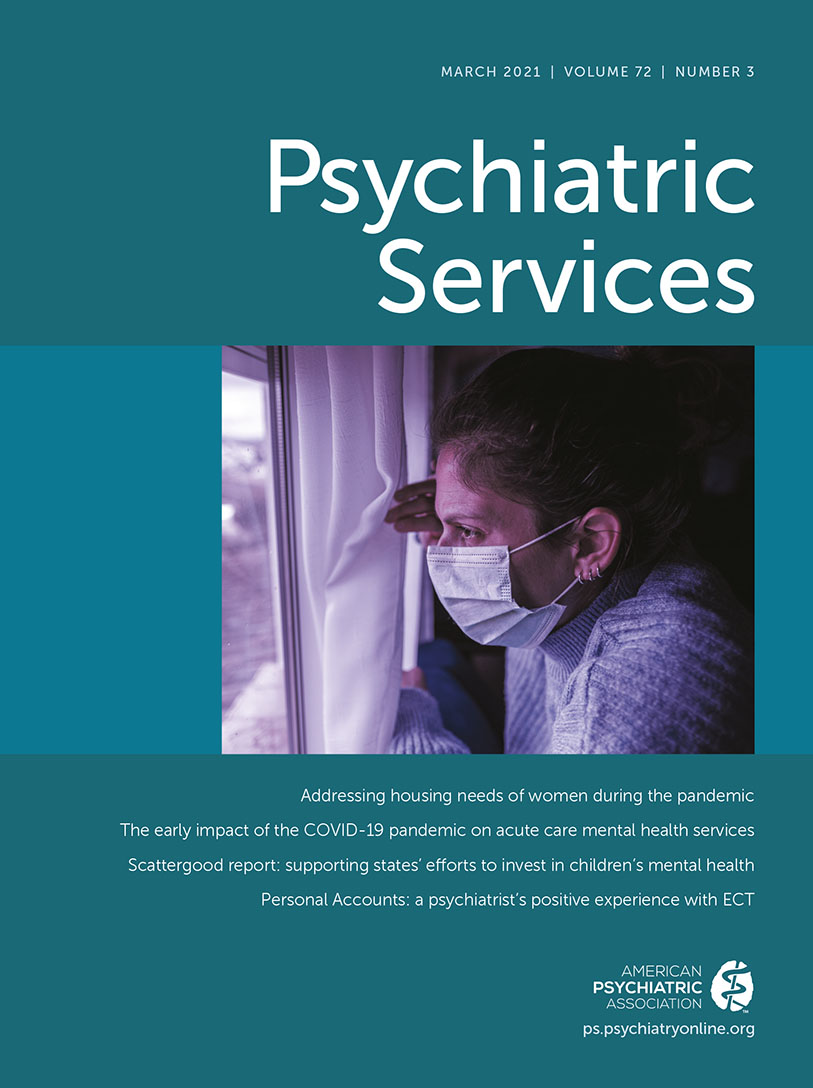Rethinking Interpreter Functions in Mental Health Services
Abstract
Interpreters improve access to care for patients with limited English proficiency (LEP), but some studies have reported poorer cultural understanding, relationship quality, and patient satisfaction than with language-concordant care. Use of interpreter roles beyond linguistic conversion (clarifier, cultural broker, or advocate/mediator) may enhance interpreter-mediated care by improving cultural understanding and the therapeutic alliance. As reported in this column, pilot data on interpreter-mediated evaluations of 25 psychiatric outpatients with LEP support this position. The authors found that clarification of the interpreter’s role and the session structure improved provider-interpreter collaboration, with two perceived benefits: improved assessment through elicitation of clinically relevant information and stronger therapeutic alliance through “emotion work.” Strategies for effectively enhancing provider-interpreter collaboration are discussed.



